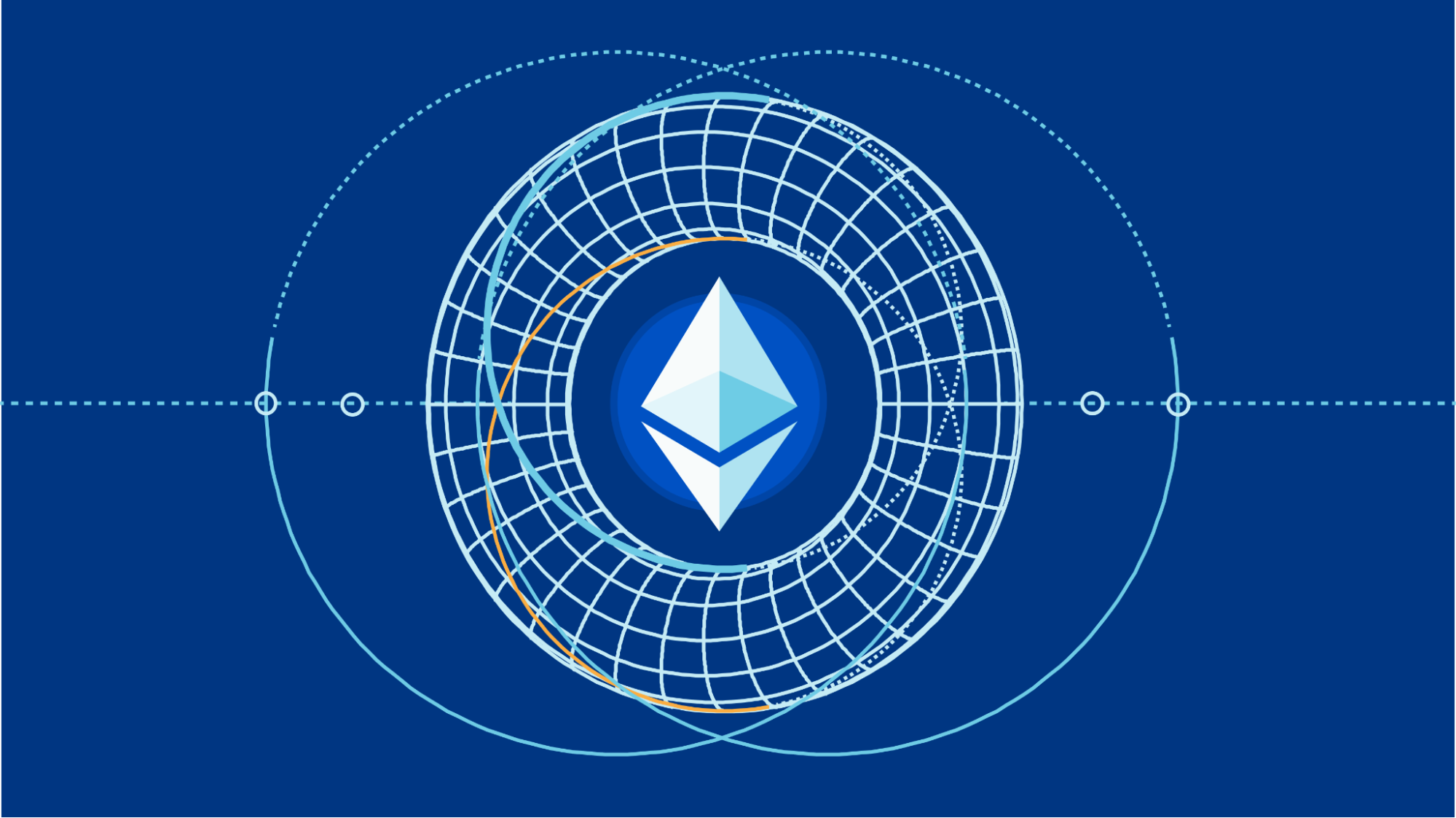In the world of cryptocurrencies, Ethereum stands as a leading force, primarily known for its decentralized applications and smart contracts. But at the heart of this innovative blockchain network lies something crucial: Ethereum nodes. In this article, we will explore the concept of Ethereum nodes, their significance, and their role in ensuring the robustness of the Ethereum network. Ethereum, often referred to as the “world computer,” relies on a network of nodes to function effectively. These nodes play a pivotal role in maintaining the network’s integrity, security, and overall performance. In this article, we will delve into the fascinating world of Ethereum nodes, exploring their types, importance, and their influence on the blockchain ecosystem. Ethereum nodes are essentially networked computers that participate in the Ethereum blockchain. They store a copy of the entire Ethereum blockchain, validate transactions, and relay information to other nodes. These nodes are the backbone of the Ethereum network, ensuring its decentralized nature.
Types of Ethereum Nodes
Full Nodes
Full nodes are the most comprehensive type of Ethereum nodes. They download the entire blockchain and verify every transaction and smart contract execution. Full nodes contribute significantly to the network’s security and reliability.
Light Nodes
Light nodes, also known as “light clients,” do not download the entire blockchain. They rely on full nodes for transaction verification, making them more lightweight and suitable for resource-constrained devices.
Archive Nodes
Archive nodes store historical data, including past transactions and smart contract states. While not as common as full nodes, they serve research and analytical purposes.
Why Are Ethereum Nodes Important?

Ethereum nodes are the cornerstone of the network’s decentralization. They ensure that no single entity has control over the network, enhancing security and censorship resistance. Nodes also facilitate the execution of smart contracts and the validation of transactions, making Ethereum a trustless platform. If you’re interested in becoming an Ethereum node operator, you can set up your own node. This process involves choosing the type of node you want to run, installing the necessary software, and maintaining it to ensure its proper functioning.
Challenges Faced by Node Operators
Scalability Issues
As the Ethereum network grows, scalability becomes a pressing concern for node operators. Managing the increasing size of the blockchain can be challenging and resource-intensive.
Synchronization Challenges
Node synchronization is crucial for accurate transaction verification. However, it can be time-consuming, especially for full nodes joining the network.
The Ethereum Node Ecosystem
Several software clients enable you to run Ethereum nodes. Here are a few notable ones:
- Geth, short for “Go Ethereum,” is one of the most popular Ethereum clients. It is known for its performance and active development community.
- Parity Ethereum is another widely used client that offers robust features and security enhancements.
- OpenEthereum is an open-source client that emphasizes modularity and flexibility.
The Role of Ethereum Nodes in Smart Contracts

Smart contracts are self-executing contracts with the terms of the agreement directly written into code. Ethereum nodes play a pivotal role in executing these contracts, ensuring they run as intended without the need for intermediaries. Securing your Ethereum node is paramount. Node operators must take precautions to protect their nodes from potential threats, including DDoS attacks and malicious actors. Ethereum 2.0, the network’s upgrade, promises significant changes, including the transition from Proof of Work (PoW) to Proof of Stake (PoS). This shift will impact how nodes validate transactions and secure the network.
The Impact of Ethereum Nodes on Decentralized Finance (DeFi)
DeFi relies heavily on Ethereum nodes for the execution of financial transactions, lending, and yield farming. The reliability of nodes directly affects the stability of the DeFi ecosystem. Exploring real-world examples of Ethereum nodes in action showcases their importance in various industries, including supply chain management, healthcare, and identity verification. Maintaining an Ethereum node requires regular updates and monitoring. Node operators must stay informed about software upgrades and security patches.
Ethereum nodes are the unsung heroes of the blockchain world. They form the backbone of the Ethereum network, ensuring its decentralized, secure, and trustless nature. As the blockchain ecosystem continues to evolve, Ethereum nodes will play an increasingly critical role in shaping the future of decentralized applications and smart contracts.



Leave a Reply